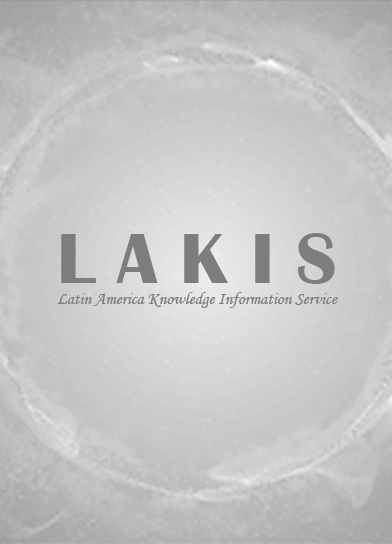the penguin history of latin america
Edwin Williamson holds the King Alfonso XIII Chair of Spanish at the University of Oxford. He has since 2003 been a Professorial Fellow of Exeter College, Oxford. He had previously held the Forbes Chair of Hispanic Studies at the University of Edinburgh. He has held academic posts at Trinity College, Dublin and Birkbeck College, University of London and has been a visiting professor at Stanford University and the University of Sao Paulo. His most recent book is Borges: A Life.
The Penguin History of Latin America Preface
Part One: The Age of Empire
1. Discovery and Conquest
2. Indians and Iberians
3. Spain in America
4. The Spanish Indies
5. Colonial Brazil
Part Two: The Challenge of the Modern World
6. Reform, Crisis and Independence
7. The Quest for Order: Conservatives and Liberals in the Nineteenth Century
8. 'Civilization and Barbarism': Literary and Cultural Developments I
Part Three: The Twentieth Century
9. Nationalism and Development: An Overview
10. Mexico: Revolution and Stability
11. Brazil: Order and Progress
12. Cuba: Dependency, Nationalism and Revolution
13. Argentina: The Long Decline
14. Chile: Democracy, Revolution and Dictatorship
15. Identity and Modernity: Literary and Cultural Developments II
Part Four: Towards a New Era
16. Globalization and Reform: An Overview
Statistical Appendix
Further Reading
Maps
Glossary of Key Terms
Index of Subjects
Index of Names
This is a Comprehensive, well-written, well-researched book that provides an excellent account of the history of Latin America from Columbus onwards. Pre-columbian issues are covered where this helps to explain later interactions between colonists and the indigenous populations. The book is well-set out with the broad historical period broken down into relevant and manageable chapters. A particular strength of the book is the explanatory interweaving of developments in European politics and economics with the evolutionary course of Latin American history. Revelatory insights are offered on well-trodden topics such as interactions between colonists and "Indians", the role of the Catholic Church, and slavery. This, in my view, is an outstanding book and I would strongly recommend it to anyone who seeks insights into an area of historical discussion often neglected in mainstream works.



